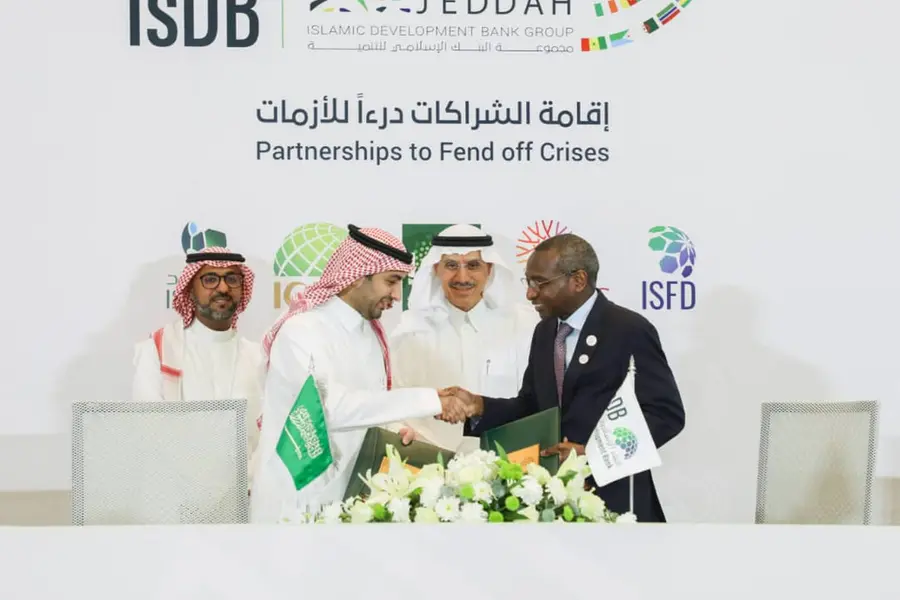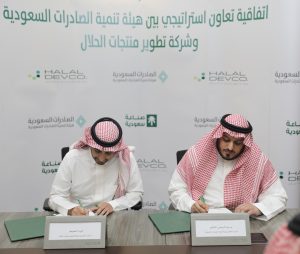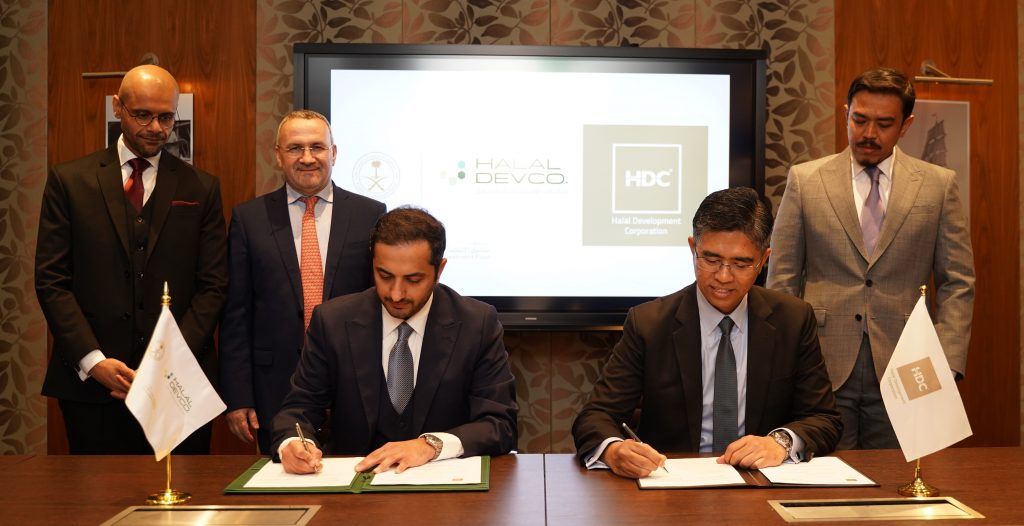‘AL ISLAMI’ AND ‘IHI ALLIANCE’ HOLD HALAL STANDARDS DEVELOPMENT CONVENTION AT GULFOOD 2009
Over 30 participants from 16 countries along with Saudi Arabian Standardisation Organisation (SASO) and the Emirates Authority for Standardisation & Metrology (ESMA), Halal certification bodies and major industry players such as MacDonald’s and Campbell’s provided valuable input to the modules
DUBAI – In conjunction with Gulfood exhibition2009, Al Islami Foods and the International Halal Integrity (IHI) Alliance held a “halal standards development” convention on the sideline of the world’s largest FMCG show. The modules discussed were Food Processing and Food Service.
Hosted by Al Islami Foods and the Al Jawhara Group of Hotels for the Food Processing and Food Service modules respectively, the meeting drew over 30 participants from 16 countries namely Argentina, Australia, Belgium, Brazil, Canada, Egypt, India, Japan, Kuwait, Lebanon, Malaysia, Qatar, Saudi Arabia, Singapore, United Arab Emirates and United States of America.
Representatives from the national Standardisation authorities in the region were also present including the Saudi Arabian Standardisation Organisation (SASO) and the Emirates Authority for Standardisation & Metrology (ESMA). Numerous Halal certification bodies and major industry players such as MacDonald’s and Campbell’s provided valuable input to the modules which will be incorporated into the Global Halal Standard.
The morning session started with an insight into Shariah-compliant hospitality. Mr Hani Lashin, General Manager at the Al Jawhara Group of Hotels & Apartment (“Al Jawhara”) explained the concept of a “Halal hotel” which incorporates the principles of Shariah (Islamic jurisprudence) throughout its operations. The positive values of the Shariah have a far-reaching appeal that goes beyond Muslims. “Over 60% of our guests are non-Muslims” clarified Mr Hani, “we benchmark against international standards and on top of that, we are Shariah-compliant.”
“Being a Halal hotel is more than just serving halal food and prohibiting alcohol” adds Mr. Hani. “all our financing is Shariah-compliant and we incorporate the principles of Shariah across our operations including how we manage our staff.”
The afternoon session was initiated by Mr. Joachim Yebouet, Chief Technical Officer at Al Islami Foods. “We at Al Islami undertake the responsibility to ensure that the entire supply chain is in fact ‘real halal’ “explained Mr Joachim, “right down to what is being fed to the livestock.”
Mr Saleh Abdullah Lootah, Chief Executive Officer of Al Islami was on hand to offer his views and comments. “We adopt a no-compromise approach to ensuring Halal integrity. We can achieve this by cooperating closely with our suppliers and treating them as partners rather than imposing conditions on them.”
The conclusion of both sessions resulted in considerable progress on establishing the parameters and guidelines that will form the Halal Food Service and Halal Food Processing modules.
“We are very honoured to be working alongside Al Islami and Al Jawhara in this endeavour,” said Darhim Hashim, CEO of IHI Alliance. “They are both pioneers in the Halal industry who have set a benchmark for others to emulate. I am particularly pleased that we had such good representation across all the relevant stakeholders in today’s session. The balanced views presented contributed to what will, Insha-Allah, be a Global Halal Standard.”
Global Halal Standard : One Solution
A global halal standard has been the most sought after solution to the Halal food sector which is worth over USD580 million globally. Halal has various interpretations in different geographies and according to the different madhhabs (religious schools of thought). The Halal market is not constrained to the Muslim countries only. Based on a survey conducted on consumption of Halal food in both Muslim and non-Muslim countries, the total Halal food expenditure on a per capita basis is the highest in Muslim minority countries within Europe and North America. The US Kosher market alone is worth US100 billion catering for a cross-section of consumers, which consist of more Muslims than Jews. This indicates a vacuum in the market to be filled by Halal-certified products.
In most countries, Halal certification is unregulated and many Muslim majority countries have no certification at all. The development of the Global Halal Standard is very crucial to address the uncertainty and the many unresolved questions of the industry.
“The Halal concept goes far beyond merely slaughter. The Global Halal Standard takes a more holistic approach of addressing the relevant sectors of the whole supply chain from animal welfare to logistics and downstream products.” commented Darhim Hashim, CEO of IHI Alliance.



